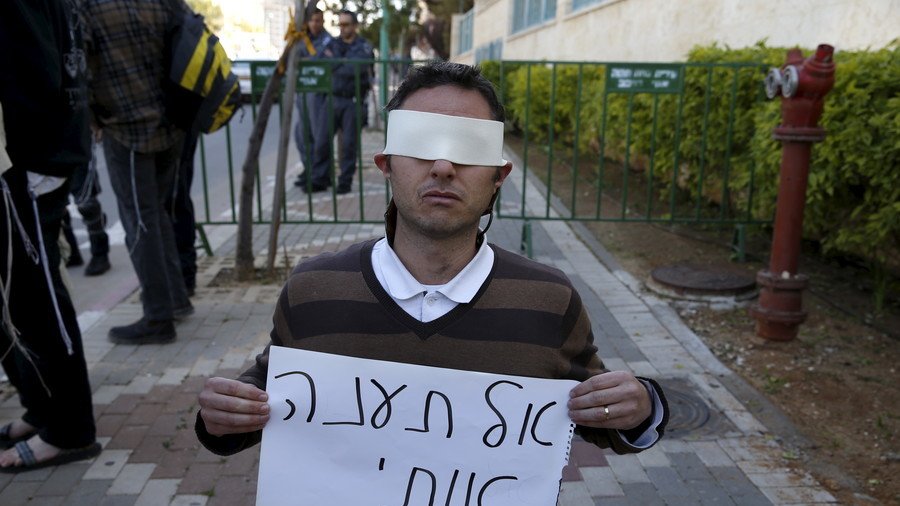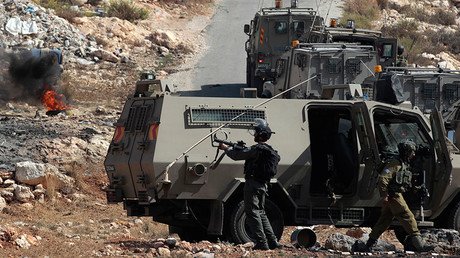Israeli court fails to rule on whether 'enhanced interrogation' is torture

An Israeli court has failed to decide if so-called 'enhanced interrogation' used by Israeli security services constitutes torture, but threw out a confession by a Jewish minor, made under duress, in a Palestinian firebombing case.
The two young Jewish Israeli suspects are charged with launching Molotov cocktails at the home of the Palestinian Dawabsha family in 2015.
The attack in the West Bank town of Duma killed a toddler and his parents.For months the police and the security agency Shin Bet made no apparent progress in resolving the case but later arrested Amiram Ben-Uliel, who is alleged to have prepared and thrown the bombs, and an unnamed minor who allegedly assisted him in planning the arson.
The Central District Court in Lod in Central Israel rejected a confession made by the minor but abstained from condemning Shin Bet of physically abusing him.
Ben-Uliel’s confession was partially admitted because judges decided enough time had passed between the ‘enhanced interrogation’ and his admission of guilt.But the court did not rule on whether Shin Bet’s 'enhanced interrogation' methods are legal or constitute torture.
Shin Bet, who questioned the suspects, hasn't concealed using harsher methods of interrogation, in line with the procedures for so-called ‘ticking time bombs’.The term is used when the person is suspected of planning further attacks and posing a danger to Israeli lives.
In 1999, the High Court of Justice prohibited the use of torture but left a loophole when it came to ‘ticking time bombs’, allowing for “moderate physical pressure”.
Shin Bet first admitted, in 2015, to using harsh methods during interrogation of a Palestinian suspect in 2007. They claimed their actions made him confess and prevented a terror attack.
But questions over whether these harsh methods constitute torture remain. The court failed to provide an answer and did not question or censure the Shin Bet's interrogation methods.
Think your friends would be interested? Share this story!















